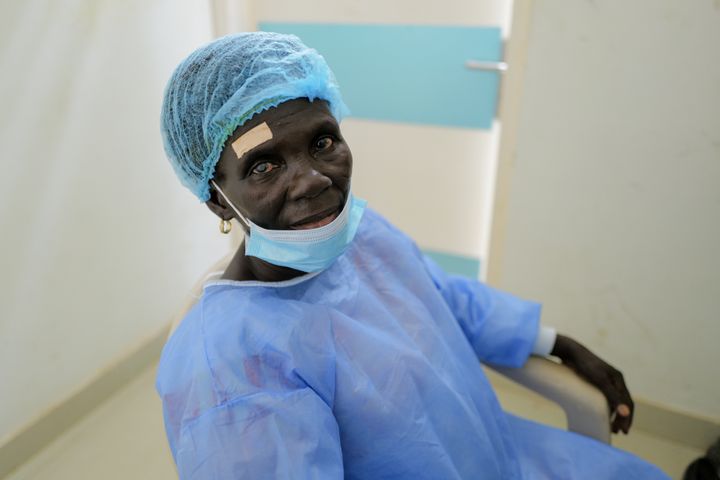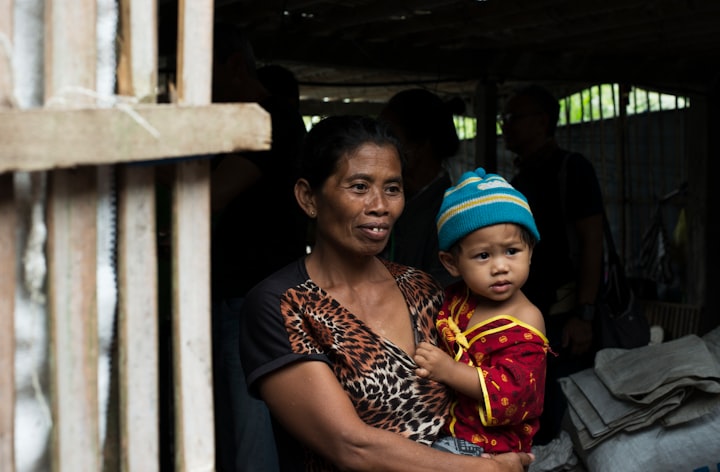Least Developed Countries - What Can We Do?

The fifth UN Conference on the Least Developed Countries (LDCs) in Doha, Qatar from March 5th to 9th. Taking place at a key point, the 46 LDCs have and still face a number of crises including geopolitical fragmentation, a pervasive climate crisis, high inflation, rising debt, poverty, and hunger.
These countries are currently at a critical point and also are under threat of falling even further behind due to their limited productive capacities and multiple structural issues.
LDCs are the countries that are least prepared nations to tackle the myriad of crises that they are facing, which can have damaging effects on their economies. Even before the pandemic, many LDCs were off-track in achieving the Sustainable Development Goals (SDGs).
The harsh reality is that LDCs account for more than half of the world's extremely poor, with 1.1 billion people living on less than $1.90 a day. Yet, their economies account for only 1.3% of the world's total. Additionally, hunger remains alarmingly high, with an estimated 768 million people globally being undernourished in 2021, of which 34% were from LDCs.
Restrictive trade measures, sustained shortages, and high prices could further worsen food availability and access in LDCs, where food insecurity is already rampant, with the prevalence being higher among women than men. Four LDCs faced famine-like conditions in 2021, due to a confluence of armed conflict, economic decline, and weather extremes.

LDCs also face challenges in relation to access to affordable, reliable, sustainable, and modern energy, with one third of the world's population without access to clean cooking and two thirds without access to electricity during the same period. Sustainable management of water resources and access to safe water and sanitation is another hurdle LDCs face.
Without a structural transformation that prioritises economic diversification and addresses institutional and capacity constraints, LDCs will continue to remain vulnerable to existing and future external shocks, particularly climate change. The scale of LDC infrastructure gaps is a major hindrance to their structural transformation and human development and undermines their overall resilience to climate change, weather extremes, and related risks.
Therefore, there is a need to transform LDC economies by implementing a systemic and long-term expansionary approach to infrastructure development and building productive capacities. Improved coordination between public and private investment, including through international cooperation, is necessary, and women, youth, and vulnerable groups should be at the centre of these efforts. These gaps deserve primary consideration in the pursuit of any realistic approach to regaining momentum towards the SDGs and a "just transition" to a low-carbon economy.
Read More:

The Least Developed Countries (LDCs) are facing multiple crises that are exacerbating their already-existing structural constraints and limiting their ability to achieve the Sustainable Development Goals (SDGs). These countries are at a critical juncture and risk falling further behind without a structural transformation that prioritises economic diversification and addresses institutional and capacity constraints.
The huge infrastructure gaps in LDCs require a systemic and long-term expansionary approach to infrastructure development and building productive capacities, with improved coordination between public and private investment, including through international cooperation. The efforts should also focus on placing women, youth and vulnerable groups at the centre of these transformative efforts to ensure a just transition to a low-carbon economy that benefits everyone.
Tej Kohli is a philanthropist, technologist and investor.
Find out more about Tej Kohli: Tej Kohli the technologist investing in human triumphand Tej Kohli the London tycoon with a generous streak.
| Follow: Twitter | Instagram | LinkedIn | Facebook | YouTube |






Comments ()